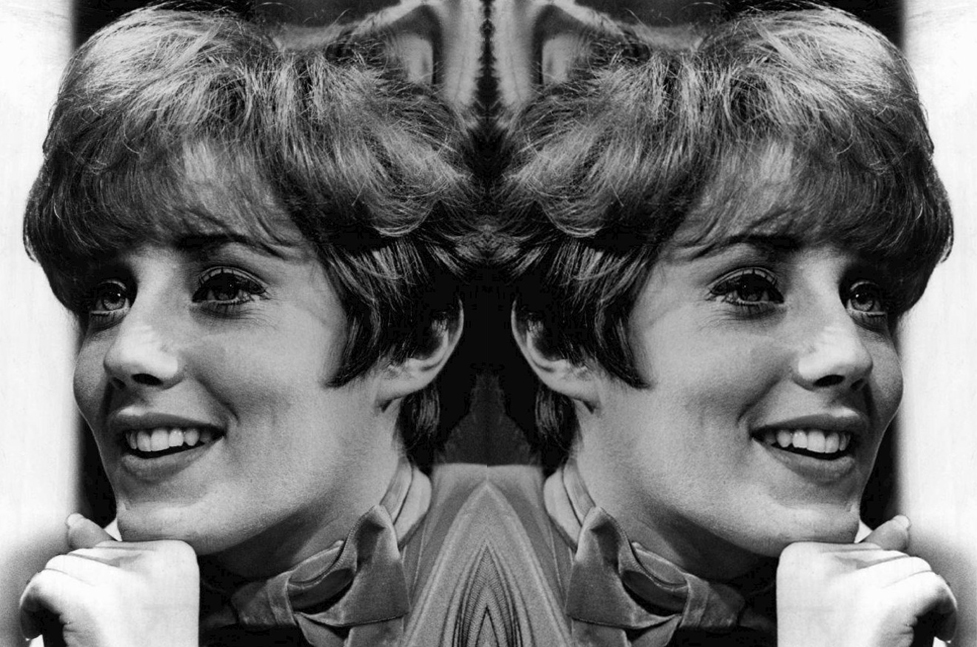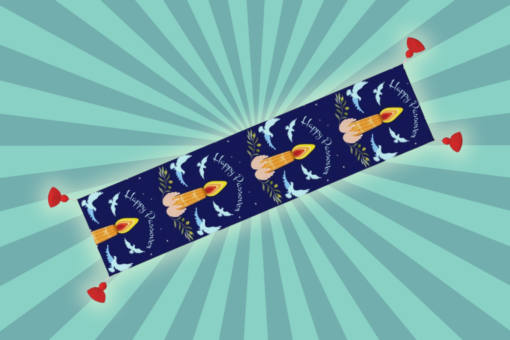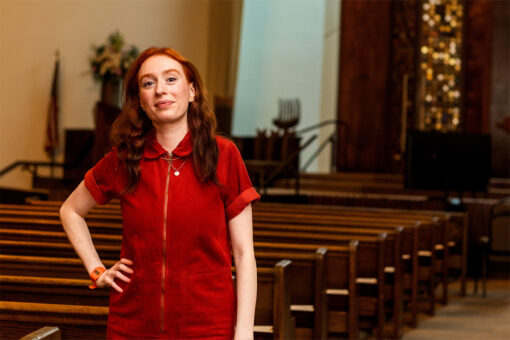The Brill Building, just north of Times Square in Manhattan, is famed for being the place where some of the most beloved songs in American pop music were written. Once considered the home of the American music industry in the early ‘60s, this place introduced us to the most famous songwriters and artists who are world known to this day. Among those include Paul Simon, Carole King, Burt Bacharach, and Phil Spector.
Another name that deserves to be mentioned and known to this day is Lesley Gore.
I was raised on the music of Lesley Gore by my mother, who herself was on the grasp of maturity when Gore’s songs were on the Billboard charts. The songs my mother once used as a coping mechanism as a teen became the same for me. It offered me a closeness to my mother but also a great sense into just what the world once was.
Born Lesley Sue Goldstein, though her family changed their surname to Gore soon after her birth, she grew up in a Jewish family in Brooklyn with dreams of being a singer. Her chance was presented when, while a junior in high school, her vocal coach recorded a demo featuring her vocals and a piano. This tape fell into the hands of producer Quincy Jones, who was working in A&R and Mercury Records. Jones soon became her producer, mentor, and friend. He is best known for his work producing Michael Jackson, but he became a star because of Lesley Gore.
Lesley Gore had her first number one single before she turned 18, “It’s My Party (And I’ll Cry If I Want To),” which surely has been sung ironically at every birthday party ever since. After the success of their first single together, Jones became the first African American vice president at Mercury Records and had multiple singles with Gore that went on to sell over a million copies each. Lesley Gore came across as empathetic, pulling her audience in as if comforting them from their self-pity or their boyfriend running off with another girl. She played the role well—angsty, whiny, and heartbroken. She was a teen idol who was in the same boat as many of her teen fans.
However, in 1964, she came out with a song that presented another side of herself, “You Don’t Own Me.” The song, written by John Madara and David White, changed the conversation about the beloved popstar. She wasn’t just a starry-eyed teen; she was threatening anyone who tried to tie her down. It was an anthem of self-worth that helped usher in the second wave feminist movement and inspired women to realize that they didn’t have to be put on display. The song was a declaration of independence and a bit of respite in a male-dominated world. The statement was practically revolutionary when it came out.
In an interview recorded on Fresh Air in 1991, Gore stated, “I’ve always hated wimpy women. I’ve never understood it. So, when I first heard this piece of material I knew it was what I wanted to do.” She said that she liked the strength in the song and that was how she knew it was the right song for her. In 2010, Gore told The Minneapolis Star-Tribune, “As I got older, feminism became more a part of my life and more a part of our whole awareness, and I could see why people would use it as a feminist anthem.”
In the height of her popularity, Gore allowed herself to both be a bratty teen and a strong, assertive woman. She gave her audience a song for being lovestruck in “Sunshine, Lollipops and Rainbows,” and for seeking vengeance in “Judy’s Turn To Cry.” The whole while, however, she never made her sexual identity publicly known.
While she sang songs about men, Gore was a lesbian in a time when it was taboo to not live a heteronormative lifestyle. She told Ellen DeGeneres during an interview in 2005 that she didn’t know she was a lesbian until she was in her 20s, but, while the music business was “totally homophobic,” she’d never felt pressure to pretend to be straight. She had experienced relationships with both men and women, but her first serious relationship reassured her of her preference. She suggested that those who knew her well already knew of her preference but she officially came out when she hosted a series on gay and lesbian issues on the PBS series, In the Life beginning in 2004.
This “nice Jewish girl” bucked the system, allowing herself to move from popstar to advocate. Despite her musical stardom, the traditional Jewish emphasis on education was clearly evident when Gore chose to attend Sarah Lawrence College at the height of her success, explaining, “It would be very foolish of me to leave school to go into such an unpredictable field on a full-time basis.” This proved to be a smart move. She took the opportunity to pursue other interests, including political activism, volunteering for Robert Kennedy’s presidential campaign. She also worked with her brother, Michael, on the single, “Out Here on My Own,” which was nominated for an Academy Award for Best Original Song and featured in the movie Fame.
While her popularity fell due to the changing nature of pop music in the late ‘60s, her songs still hold true today, particularly “You Don’t Own Me.” In the ‘90s, the song was placed in the hit movie First Wives Club, and in 2012, a rendition of the song was featured in a PSA endorsed by Gore that encouraged women to vote in support of the issues of reproductive rights, marriage equality, and equal pay. The latter featured Alex Chung, Tavi Gevinson, Lena Dunham, and other strong female voices in entertainment.
“You Don’t Know Me” and “It’s My Party” have been covered by many in recent years, but perhaps the most inspired variation of “You Don’t Own Me” was released a month after Lesley Gore passed away from lung cancer in 2015. The song has been updated for a new generation, featuring Australian songstress Grace and rapper G-Eazy. It was produced, like the original, by Quincy Jones. Grace’s manager suggested that she and Jones re-record one of his classic hits; he chose “You Don’t Own Me” because Grace was the exact age that Lesley Gore had been when she originally recorded the song. The song inspired Grace, who hoped she could do the original justice, stating, “It’s so important to go after what you want, to be strong. Lesley’s generation paved the way, so I felt like this was a way to say thank you and to keep that momentum going.”
The original songs were such a strong part of my childhood and still resonate with me today. While Lesley Gore has passed, she lives on in the advances of gay rights and the feminist undertones (and some very direct overtones) in pop music. I hope that she finds a new audience to inspire, like she did for my mother and me.



